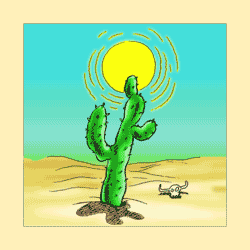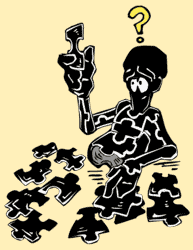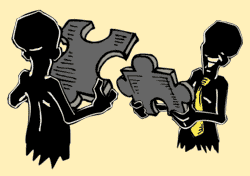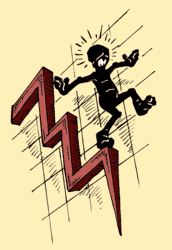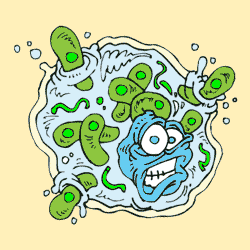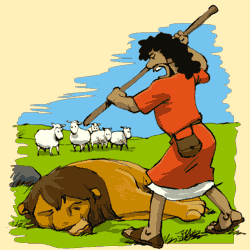 According to Article 43 of the Kenyan Constitution, every person has the right to “accessible and adequate housing and to reasonable standards of sanitation”. The reality is somewhat different for those who live in the slums – some 65% of Nairobi’s population, according to UN-Habitat figures. On average, there are 318 households per acre in the slums, and those who live there are required to pay rent to landlords who have dubious title claims.
According to Article 43 of the Kenyan Constitution, every person has the right to “accessible and adequate housing and to reasonable standards of sanitation”. The reality is somewhat different for those who live in the slums – some 65% of Nairobi’s population, according to UN-Habitat figures. On average, there are 318 households per acre in the slums, and those who live there are required to pay rent to landlords who have dubious title claims.
A court action brought by a coalition of NGOs was due to get underway yesterday, seeking cancellation of title deeds to the slum areas. It is alleged that governments have illegitimately issued title deeds to well-connected individuals, instead of auctioning the land publicly as required by the law. The recipients of title deeds have then used them to exploit the poor, requiring them to pay rent for slum accommodation with very poor sanitation and living conditions. Landlords are able to charge rentals of up to $100,000 per acre per year.
Other alleged irregularities relating to the title deeds concern the conditions of grant. The titles were apparently granted pursuant to conditions limiting the use to light industrial purposes and requiring the grantees to erect buildings for such purposes within 24 months. Grantees were prohibited from subdividing, selling or charging the land. All of these conditions have been ignored.
